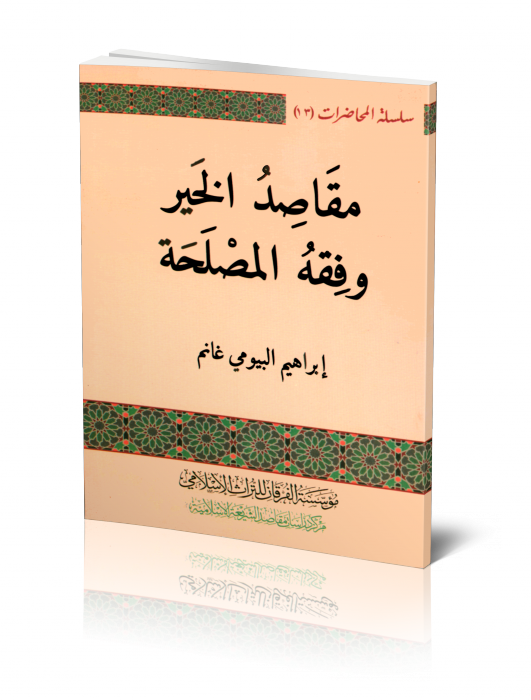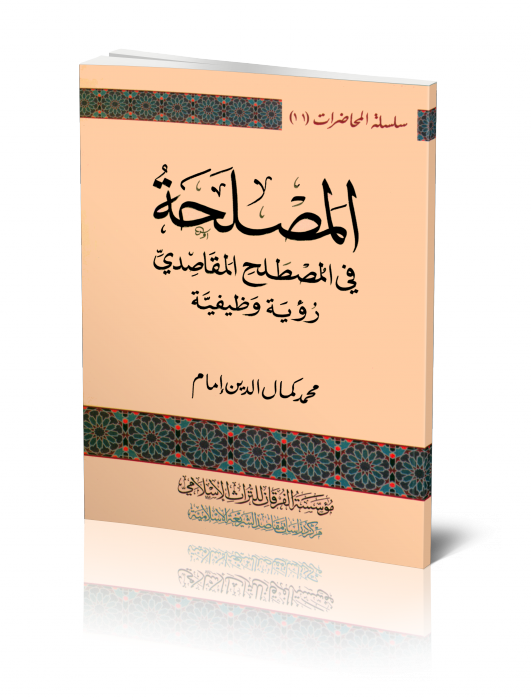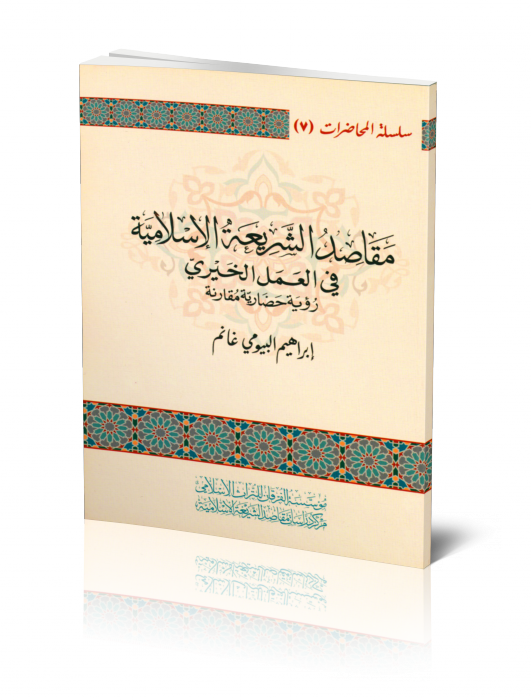This comprehensive study purports to research an issue of utter importance: the achievement of common interest being the focal point of the theory of the objectives of Islamic law, the concept of charitable acts, or good deeds, appears as one of the means of the objectives of Islamic law for the attainment of that common interest. Common good will not reach the highest of human pinnacles unless it occurs in the society of common good-doing. In this sense, the concept of charitable deeds/good deeds occupies a central place in Islam’s universal message. Therefore, the nation of Islam, in its Qurʾānic status of “the best nation ever evolved for mankind”, ought to persevere its endeavour to practise charitable acts, and also call mankind for doing good deeds until the whole of humanity eases itself into the realm of good in its comprehensive and equitable Qurʾānic criteria, not according to its deficient, biased, positive, and humanistic criteria. The criteria of good in the Holy Qurʾān are crystal clear, without any ambiguity, and are described in two fundamental ways: they are comprehensive and the best. The meanings of charitable acts, or good deeds, are taken from the linguistic and social usages of the Arabic language as known in the pre-Islamic era and before the Revelation of the Qurʾān. This concept gradually evolved to acquire new meanings over time until it was finally defined by the Qurʾān itself as meaning ‘the best in speech and in deeds, whose doer is praised under Islamic law’. Furthermore, this study aims to open the door to research in three issues: The issue of the common good society as described by the Qurʾān; the issue of the opening and the closing of the doors of pretexts; and the issue of the farḍ al-kifāyah or ‘sufficiency obligation’.
 Shared Knowledge
Shared Knowledge


 The Public Interest in the Term of the Purposes of Islamic Law: a Functional Vision
The Public Interest in the Term of the Purposes of Islamic Law: a Functional Vision Purposes of Islamic Voluntary Work: A Comparative Study of Civility
Purposes of Islamic Voluntary Work: A Comparative Study of Civility Renewing Islamic Jurisprudence: Some of Its Mechanisms
Renewing Islamic Jurisprudence: Some of Its Mechanisms